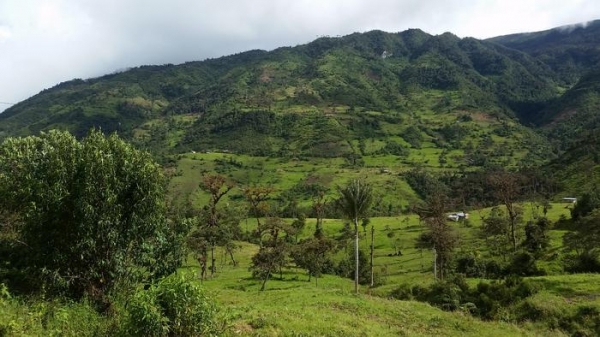Birds native to the tropical Andes, many of which cannot be found anywhere else, are threatened by increasing agricultural development in the region. A new study details how the resulting habitat loss affects specific species and lays out possible ways to protect birds from human-driven disturbance.
The researchers combined a meta-analysis of papers on birds across the Andes with five years of fieldwork in Peru, revealing that open farmlands result in up to a 60% decline in the number of species in an area. Before this work, there was little data on which species were declining or by how much.
“The vast majority of species that we’re working with in Peru have never been studied like this before,” said lead author Ian Ausprey, a postdoctoral researcher at the University of Bern and former doctoral student with the Florida Museum of Natural History. “Before, you couldn’t say whether a species was sensitive to disturbance or not because we really didn’t know.”
The different habitats and diets of each species — like whether a bird forages on the ground for seeds or feeds on insects in the canopy — means they will have different conservation needs. This paper documents how specific species are affected and provides tailored guidance to conservationists.
Read more at Florida Museum of Natural History
Image: Researchers spent five years surveying bird communities in Peru to see how species were affected by different levels of agricultural development. (PHOTO COURTESY OF IAN AUSPREY)


